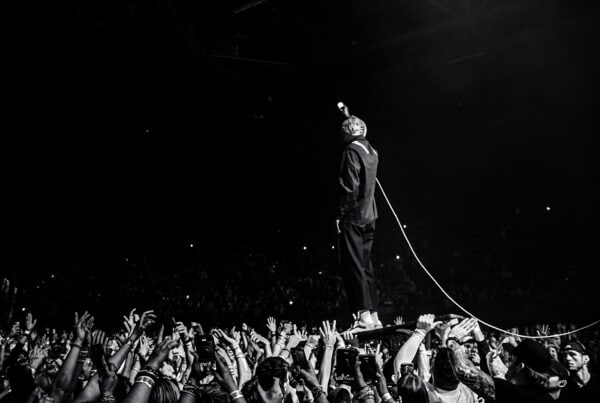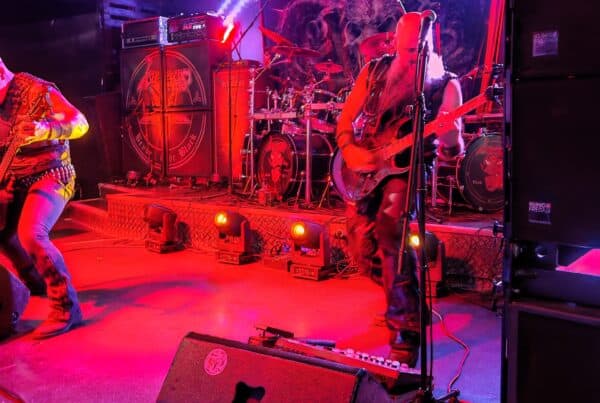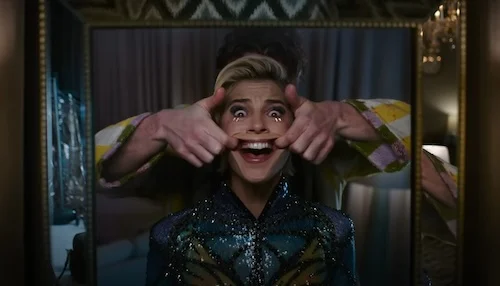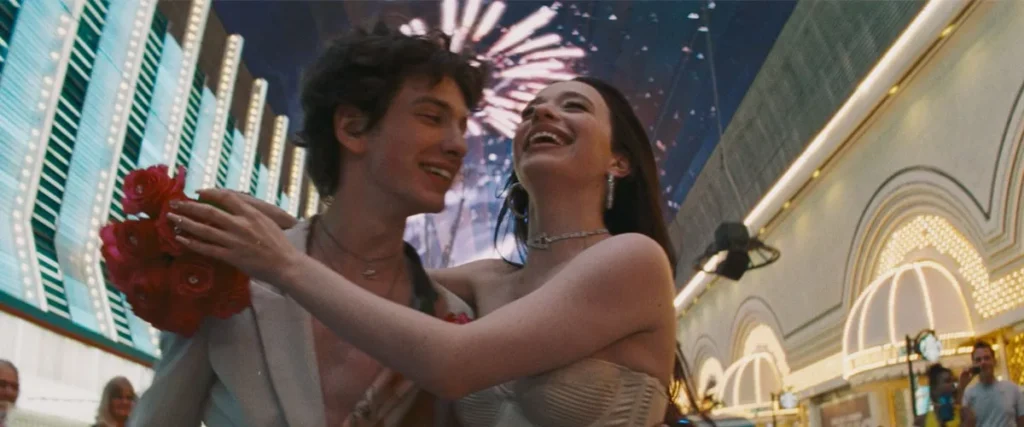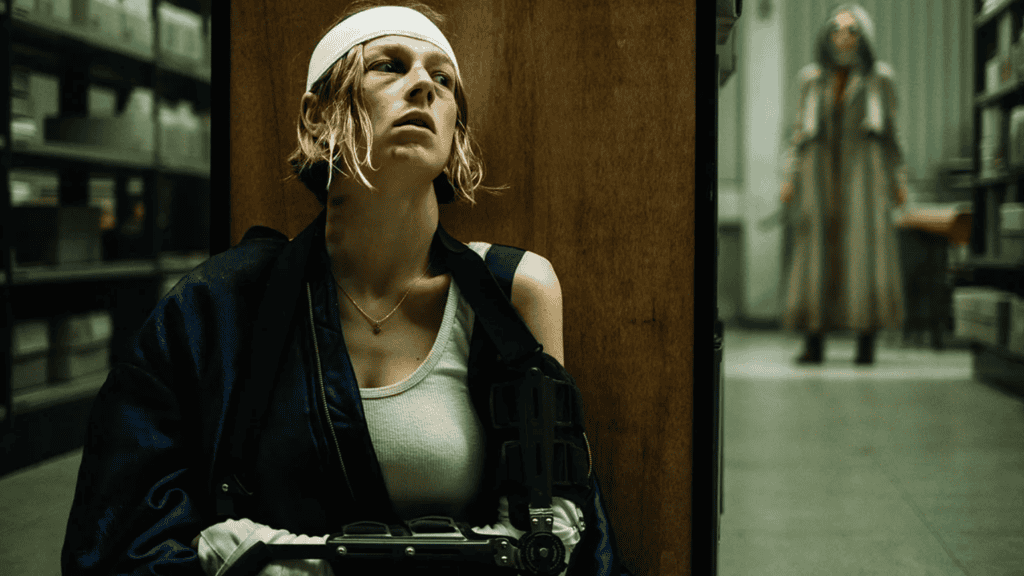Kathryn Bigelow has not only proved herself to be a director who can tap in to current events to produce visceral, powerful drama, but someone who revels in nuance, not willing to paint just a simple picture. Her latest film, Detroit, tells the story of the 12th Street Riot of 1967, which took place in the city from which the film takes its name, and does so in the intense and unremitting fashion that Bigelow has become known for. While it is a period piece that commemorates the 50th anniversary of the tragic event, it’s easy to see parallels between what the film shows and the present day, which makes it all the more haunting.
Bigelow’s ensemble cast are all excellent. Particular praise must be given to Algee Smith, Will Poulter and John Boyega, all of whom thoroughly encapsulate their characters. Poulter is a resounding success, his character so thoroughly repellent it’s often difficult to look at him on screen. Bigelow often forces you to with close-ups though, and Poulter’s conviction to the role really shines through in those moments, allowing his character’s repugnant actions to come to the fore. Both Smith and Boyega give more understated performances that convey shock and dismay in equal measure, the harrowing journey their characters go on in the film affecting them in different ways.
It is, however, the way these performances are marshalled, together with Bigelow’s expert use of Mark Boal’s script, that make Detroit the powerful film it is. Her direction is unrepentant, constant and unflinching when it has to be, driving every moment home. It has a sense of immediacy in its more intense moments that sears them in to the brain. These moments, when Bigelow drifts almost in to the horror genre with a brutal power, are the film at its strongest.
Obviously this is a dramatisation of those events in 1967, and the film lays the groundwork for those moments with a docudrama-esque sensibility, introducing the characters and the setting while also making sure the viewer knows the film is taking inspiration from what actually happened. In these moments the film resonates in a different way, more emotionally than viscerally. The personal stories of those involved in what happened are affecting and serve to make the intensity of the film all the more powerful. Bigelow juxtaposes these more gentle moments with the more visceral well, the human impact of the riots really coming to the fore.
It’s possible to see Detroit as a film that’s too polemical with its message, keen perhaps to oversimplify the roles of the different characters, turn them in to caricatures. But that’s not the case. The glimpses we get in to these characters are indicative of their world views, and the way they go about attempting to reach their goals or being scuppered in doing so changes those world views or cements them. The film is angry, it comes through its every pore, but it’s not intent on painting its characters as means to an end, but to explore a complex and disturbing event that is once more becoming relevant in the modern day climate.

